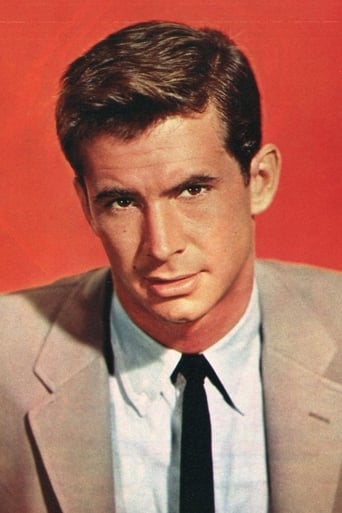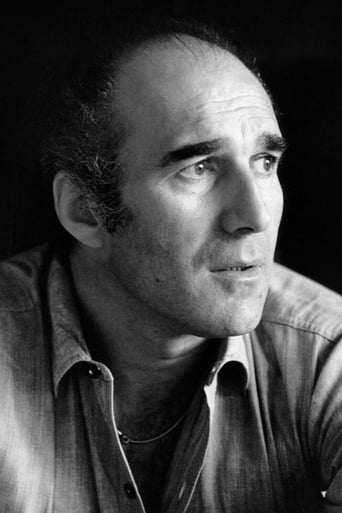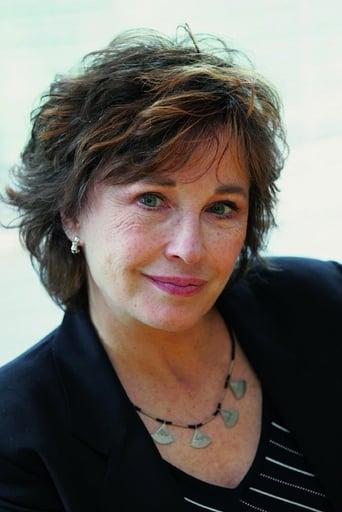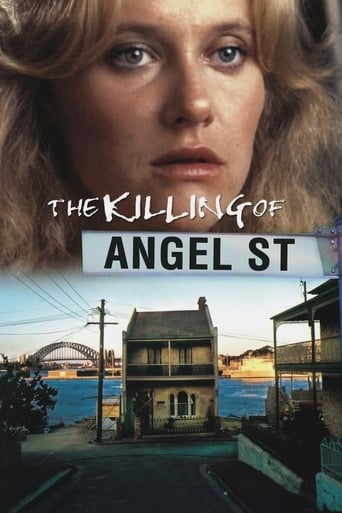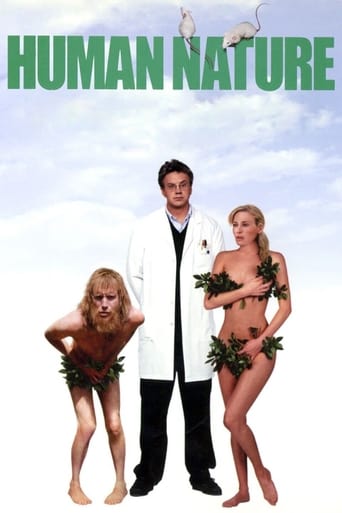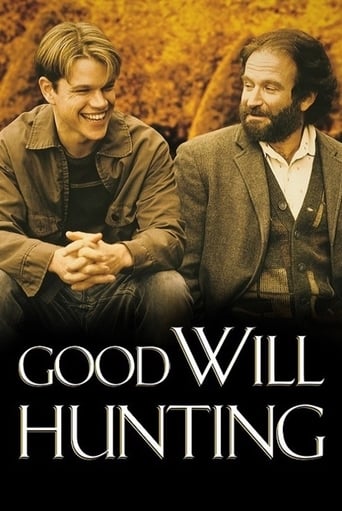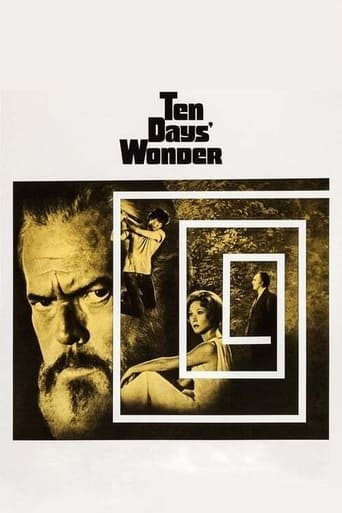
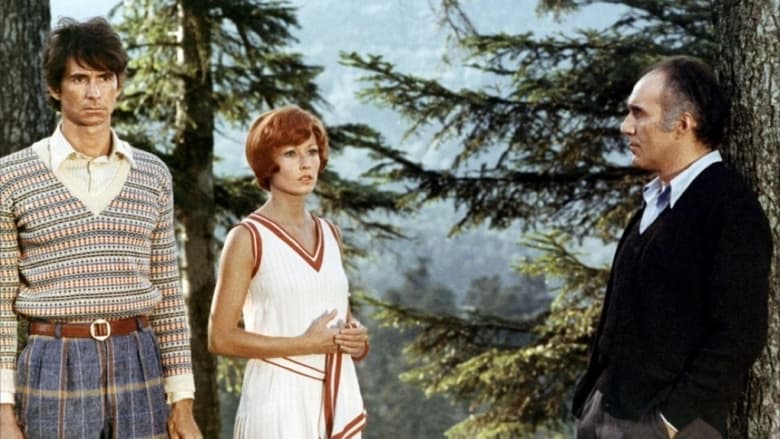
Ten Days' Wonder (1972)
Charles Van Horn, son of rich and powerful Théo Van Horn, calls upon his former teacher Paul Régis to help him solve the mystery of his recurring bouts of amnesia.
Watch Trailer
Cast
Similar titles
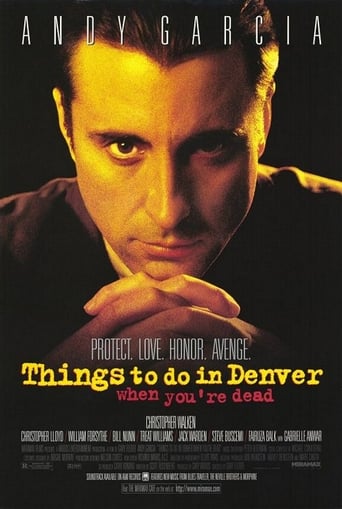
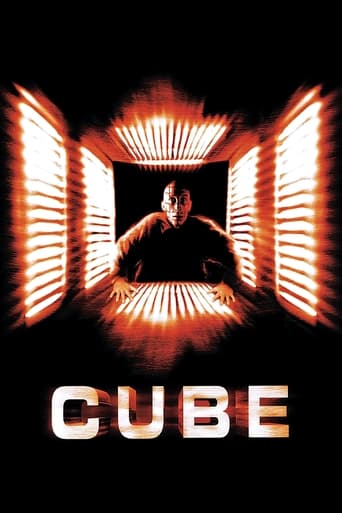

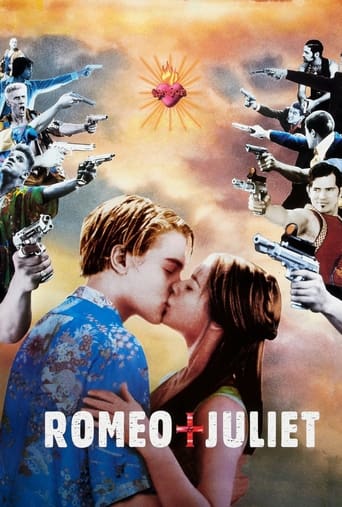
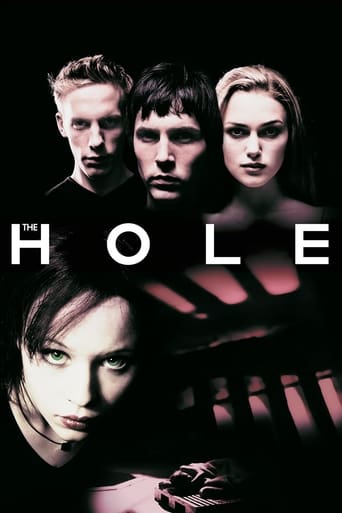
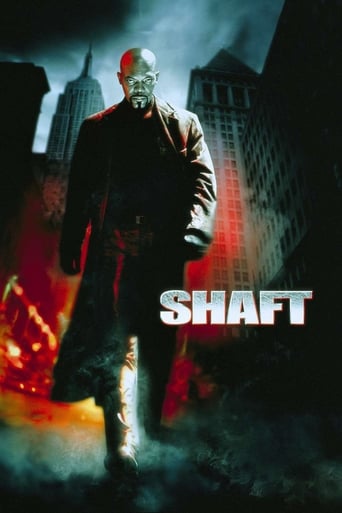
Reviews
This is one of the few movies I've ever seen where the whole audience broke into spontaneous, loud applause a third of the way in.
Very good movie overall, highly recommended. Most of the negative reviews don't have any merit and are all pollitically based. Give this movie a chance at least, and it might give you a different perspective.
The movie turns out to be a little better than the average. Starting from a romantic formula often seen in the cinema, it ends in the most predictable (and somewhat bland) way.
Very good movie overall, highly recommended. Most of the negative reviews don't have any merit and are all pollitically based. Give this movie a chance at least, and it might give you a different perspective.
You would think that a movie with this pedigree - Anthony Perkins, Orson Welles, Michel Piccoli in the cast, Claude Chabrol as director, filmed in English on French locations - would be, if not an art-house success, then at least a cult item. And yet "Ten Days Wonder" has been mostly forgotten today. It's not a great movie, but it's worth seeing. Chabrol gets quite a few chances to demonstrate his virtuosity with the camera, as he lets it glide and follow the characters, sometimes switching from present to past. Perkins and Welles are perfectly cast, and Marlène Jobert is sexy, but Piccoli seems slightly uncomfortable with the English language. However, the biggest problem of "Ten Days Wonder" is the sluggish pacing, which makes the 105-minute running time feel even longer (for example, was the scene with Welles' old mother really necessary?). Given the limited number of characters, some of the twists (the blackmailer....) can be guessed beforehand, but others can still shock you. The final 20 minutes mark this as a very dark and bleak movie. **1/2 out of 4.
This so called "thriller" did none of the above, mainly it only made me insensitive to the terrible acting portrayed in the film. About one hour is wasted by the director in presenting incomprehensible scenes from a spoiled and wealthy family. Hopkins is terrible here, playing an annoying rich junkie who doesn't know if he has killed someone or not. The others are squandered away in unmoving, flat dialogue and the end does not surprise anyone at all with its proclamation. Slow and tepid also....
Now is the winter of our discontent... TVOntario's Chaine francaise is having a Chabrol retrospective in February and March; we have already seen La route de Corinthe (silly spy caper only made bearable by Jean Seberg's presence) and Les biches (could have been made for a glossy decor magazine; the trite lesbian coupling is never believable). Now we have La decade prodigieuse (Ten Day's Wonder).The chateau reflects the Twenties and the elegance of the Jazz Age, but the costumes were ridiculous. Tony Perkins in plus-fours and a ridiculous cap is not in tune with Jay Gatsby: in fact he looks like a regular at a really foppish gay bar. Marlene Jobert's costumes are those of a convent school product. Orson Welles has been fitted with a fake nose that's a really awful greenish color; otherwise he looks the way he used to in those Paul Masson commercials.A murder mystery that can't create atmosphere, or creates the wrong kind, is never successful. Tsilla Chelton, so wonderful in Tatie Danielle, has a cameo as Perkins's mother: she does a Mrs. Rochester impression that makes you believe she's going to burn the house down. The blackmail payments are confusing and badly handled. The strong hints of pedophilia in the Welles-Jobert marriage seem to come from another film.Chabrol is a lazy filmmaker whose vast output--just look at all the entries in his filmography--indicates efficiency rather than talent. He'll give you a rare good film (Les cousins) amid lots of schlock.
One of the great anti-detective films of the 60s and 70s (such as THE SPIDER'S STRATEGEM, BLOW-UP, THE PARALLAX VIEW) in which the traditional, detached, problem-solving power of the detective is removed and he finds himself lost in a labyrinth. The detective here, Paul Regis, is so much the embodiment of reason that he is a professor of philosophy. He observes, analyses, seeks patterns in a bewildering maze - his genius results in the suicidal death of the wrongfully suspected hero.The film opens as a young sculptor, Charles Van Horn (Anthony Perkins), wakes up, hands bloodied, mind disoriented, thinking of ocean-deep life, in a hotel. He has no idea how he got there, and Chabrol visualises his disturbed mind with extreme tilted angles and harrowing electronic music. He calls the only person he knows in the area, an old lecturer of his, Paul Regis (Michel Piccoli), and asks him to visit his home, a vast provincial mansion presided over by his bulky, Americanised father Theo, played with a lovely mixture of melancholy and play by Orson Welles, and his pretty young wife, Helene (Marlene Jobert).Beneath the bourgeois facade, Paul finds an almost Gothic seething of adultery, power games, mad old ladies, blackmail, theft, Oedipal trauma. Charles and Helene have begun an illicit relationship, and are being blackmailed. Charles steals the money from Theo, and both parties enlist Paul to spy on the other. Paul finds his detachment, however, increasingly compromised, and in the climactic 'revelation' scene, all fingers point at him.This film is based on an Ellery Queen novel, exemplar of all that is lucid and simplistic about the detective genre, in which complex plotting is always framed in such a way as to be accessible to the reader, so he can have a go at playing detective himself. They follow the usual formulae: crime-investigation-solution; disruption-reassertion of order.Chabrol's film is Ellery Queen written by Borges. It subverts every tenet of the genre in a myriad of ways. Although the traditional crime film is deliberately artificial, it depends on a surface realism (plausible settings and outwardly recognisable characters) to succeed. Chabrol foregrounds his material's gleeful playfulness at every turn. The viewer is never allowed to lose himself in the plot; the elaborate, disruptive camera movements; the intrusion of decor into the plot; the wild playing with time and point of view; the 'amateurish', unrealistic acting and stilted dialogue; the wayward plotting all point up the artifice and unbelievability of the film, the sense of a godlike puppetmaster pulling strings. This sense is crucial to the story, when the narrative puppetmaster (Theo) is linked directly to the camera, i.e. the director (Theo's wife bears a remarkable resemblance to Chabrol's wife, Stephane Audran).This foregrounding of artifice reverberates throughout the film, which creates an opposition between creators (Theo, Charles) and interpreters (Paul). This is linked to the traditional crime story - someone 'creates' a crime that must be interpreted by the detective. This kind of pattern, however, suggests a social order in which reality can be known, ordered and controlled. Chabrol suggests that this is not the case. He shows the unknowability in many ways. The film is set in a rarefied space away from the 'real' world, which is also a fantasy set where Theo plays out his dreams of 20s grandeur. Much of the plot is related by characters whose reliability is seriously in doubt from the start. WONDER starts with Charles emerging from a dream, and the film never loses this sense of the oneiric. Scenes repeat themselves as characters are lost in a maze, literally so, with all the repeated corridors and stairs in the film, the profusion of mirrors and windows that reflect back or multiply meanings, the decor that constantly dwarfs the characters.WONDER is about play, but also quotes from a famous play, Oedipus Rex, which is among other things the first detective story. Charles sleeps with his mother, Helene, and tries to destroy his father. This founding human myth is countered by the father with Christian patterning (in a way that foreshadows SEVEN); both cancel each other out, one is left with neither catharsis nor redemption. But Oedipus was both detective and criminal, andso is Paul (Theo says he is guiltier than him). Images of sight and blindness pervade the film (linked in a very real way to the cinema), and the final 'revelation' is lit by a lamp half Atlas, half eye. But the detective is truly blind, trying like Holmes to fix patterns in the abyss, revealing that abyss as he fails to do so, carelessly costing lives. There is, ironically, no death, UNTIL the detective makes his judgement, rather than the other way round.The film is also a brilliant family saga, the country house a site for all manner of generational psychodramas (the paedophiliac implications of Theo's and Helene's marriage are chilling). But there are Oedipal struggles too, and the apparent artifice masks a very personal Chabrol film. His casting is very deliberate, with Welles playing a self-destructive KANE figure, playing God through kindness; Perkins invoking both PSYCHO (and the Hitch suggestions are both brilliantly misleading (we're all looking at the mother!) and enriching (the 'innocent' wrongfully accused; the Catholic depths; the famed concept of transferring guilt), and the (Welles-directed) THE TRIAL; Piccoli (veteran of bourgeois bashers Bunuel and Godard, as well as a link, through LE MEPRIS, to Chabrol hero Lang).The film is remarkably perspicacious about class and money (the 'God' figure is a poor Frenchman who made his fortune in America) - and the country house is used in its double metaphor for both the state at large and the mind. Amid all the sterile, despairing , destructive, man-made constructs, Chabrol has never lost his beautiful sympathy with the French countryside. This is one of a series of stunning thrillers made by Chabrol in the late 60s/early 70s that blow apart the conservatism of the genre.
